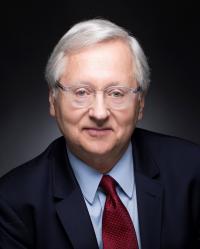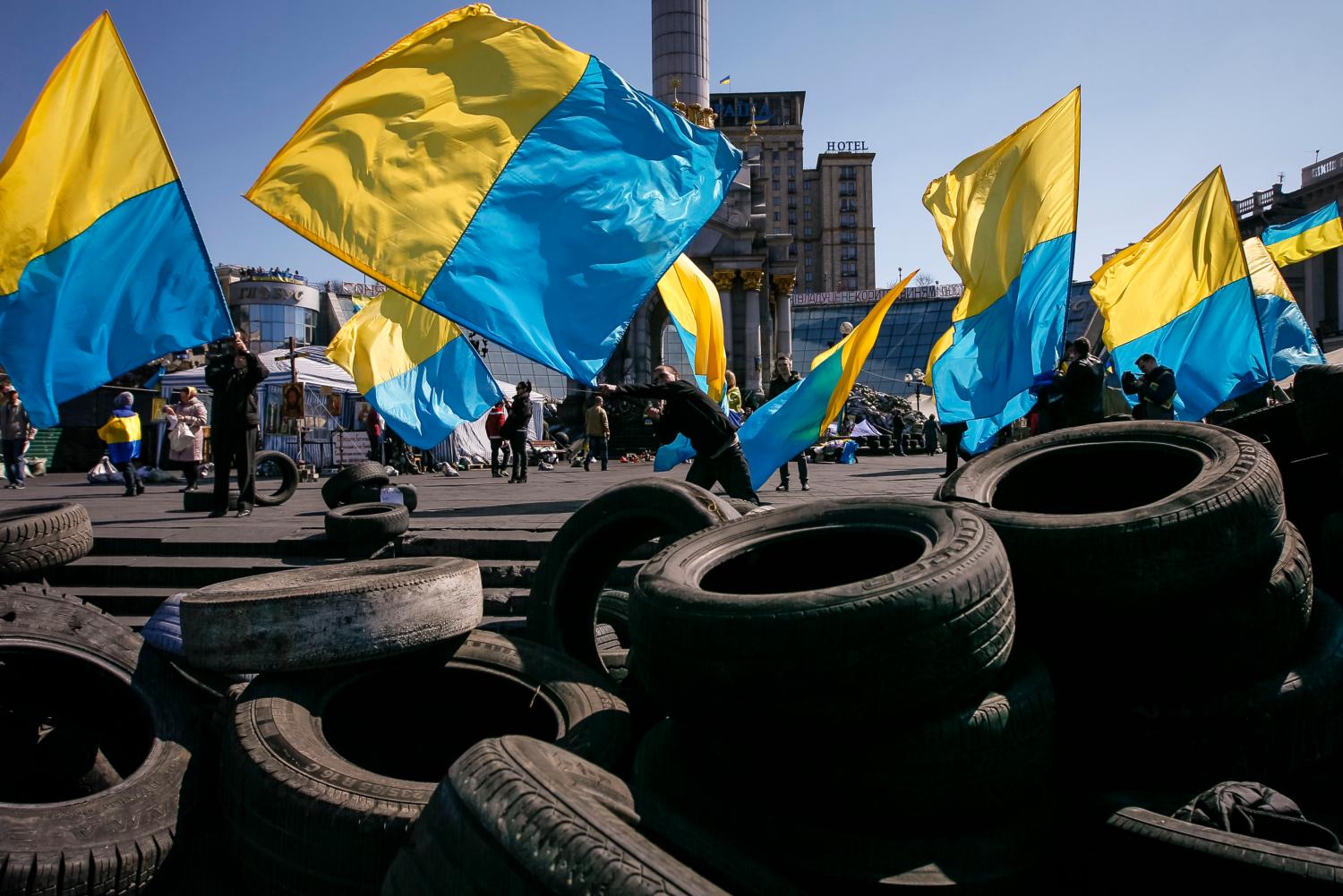The collapse of a corruption-ridden government in Ukraine, Russia and Turkey’s attempts to curb social media drives to expose alleged bribery, and ongoing public sector reform initiatives in Central and Eastern Europe all serve to highlight the salience of the World Forum on Governance (WFG) in today’s geopolitical landscape. In April 2014, anti-corruption experts from around the globe convened for the third WFG in Prague to share experiences and exchange best practices for leveraging private capital and political action in the fight against corruption. Delegates represented a diverse blend of investors, scholars, government officials, civil society actors, private sector representatives, and members of traditional and new media.
The 2014 WFG built upon the Ten Principles established in the Prague Declaration on Governance and Anti-Corruption, revisited policy areas detailed in the 2012 Conference Report, and developed new initiatives to advance integrity in the public and private sectors.
Breakout sessions explored a broad scope of governance issues within three streams—public policy, capital, and media and civil society—and reviewed action items from previous convenings:
- Engaging investors. Delegates at the 2012 WFG developed and executed an “investor road show” connecting representatives of foreign direct and institutional investors with Czech political officials to facilitate dialogue on the business value of countering corruption. Participants from the road show were present at the 2014 WFG to report back on the initiative’s progress.
- Employing transnational instruments. Delegates presented two paper proposals conceptualized during the 2012 WFG, one exploring the establishment in treaties of freedom from corruption as a fundamental human right, and the second advancing the concept of an international anti-corruption court.
- Enhancing civil society efforts. A roundtable comprising religious and secular leaders was convened in May 2013 to explore the role of faith-based organizations in the anti-corruption movement. The resulting memo provided a framework for further discussion at the 2014 WFG of civil society’s role in enabling and supporting good governance initiatives.
- Establishing an international council. In response to delegate feedback at the 2012 WFG, Brookings convened a roundtable in January 2014 to explore the creation of a formalized, global network of political and corporate governance experts. Participants at the 2014 WFG furthered the discussion and emphasized the value of representing investor perspectives through such a council.
Plenary sessions included a discussion of anti-corruption initiatives in Central and Eastern Europe; a speech by President of the Italian Senate Pietro Grasso exploring challenges and opportunities for combating organized crime when it inhabits even the highest levels of state; an examination of good governance best practices; and a series of reports and reflections on the conference breakout sessions. Full recordings of the plenary sessions are available on this page.
The 2014 WFG served to catalyze a variety of significant initiatives:
- Curbing corruption in state-owned enterprises. A proposal developed during the WFG by Kristian Mortensen of the Baltic Institute of Corporate Governance (BICG) involved collaboration between the BICG and officials in Ukraine to professionalize governance of Ukrainian state-owned enterprises.
- Enabling a surge in creative uses of social media. Brookings looks to convene a roundtable featuring anti-corruption leaders in the field of social media and Internet-based utilities. The mission of the roundtable would be to explore ways to help such groups enhance their operational capacity, connect with similar entities, match with potential funders, and advance their organization’s objectives.
- Introducing reforms in treaties, law and enforcement. Brookings expects to publish two papers developed by WFG participants examining the establishment in treaties of freedom from corruption as a fundamental human right and the development and implementation of an international anti-corruption court.
- Enlisting the voice of capital. The WFG will further test market appetite for an international council—composed of prominent institutional and foreign direct investors—to press anti-corruption stances.
- Advancing business initiatives. Brookings plans to collaborate with the U.S. Department of Commerce to coordinate a panel featuring leading investors during an upcoming Africa business summit.
##1##




